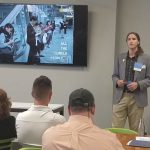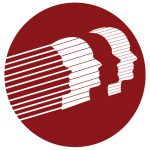The University of Delaware Horn Entrepreneurship’s three-month Summer Founders program, which supports UD students working to create startup businesses, recently announced participants in its fourth annual event. Among the startups are Designing Independence, a company that designs adaptive clothing for people with disabilities and Friends 4 Friends, which aims to reduce the stigma of mental illness via mental health and suicide awareness
The National Institute of Mental Health recently awarded a $9.5 million grant for research on early autism detection. The study, a collaboration between University of North Carolina Chapel Hill and Washington University School of Medicine, will investigate whether brain imaging can be used to detect a high risk of autism in infants before symptoms show.
Delaware’s Division of Developmental Disabilities Services is offering individuals with disabilities who would like to live in the community the opportunity to apply for a Lifespan Waiver to receive Medicaid benefits. The waivers require an income cap of about $1,900 dollars a month and an asset cap of $2,000 in resources. A maximum of 2,600 individuals can qualify for the Lifespan Waiver in 2020.
According to a recent poll conducted by NPR and researchers with the Robert Wood Johnson Foundation and Harvard University, 49 percent of rural Americans – and 70 percent of rural Americans with disabilities – would not be able to afford a sudden expense of $1,000. The study indicated lack of transportation is a significant contributor to rural poverty, as it makes already-long commutes to jobs or trips to health care facilities more difficult and costly.
The Delaware Senate Labor Committee approved a bill that would increase Delaware’s minimum wage to $15 an hour despite vocal opposition from the business, hospitality and agriculture communities. It now awaits a vote before the full Senate. Critics say the bill would cost taxpayers hundreds of millions of dollars in pay increases for state workers, lead to less hiring – notably in organizations and state agencies serving people with disabilities – and create a barrier for young people trying to enter the workforce.





